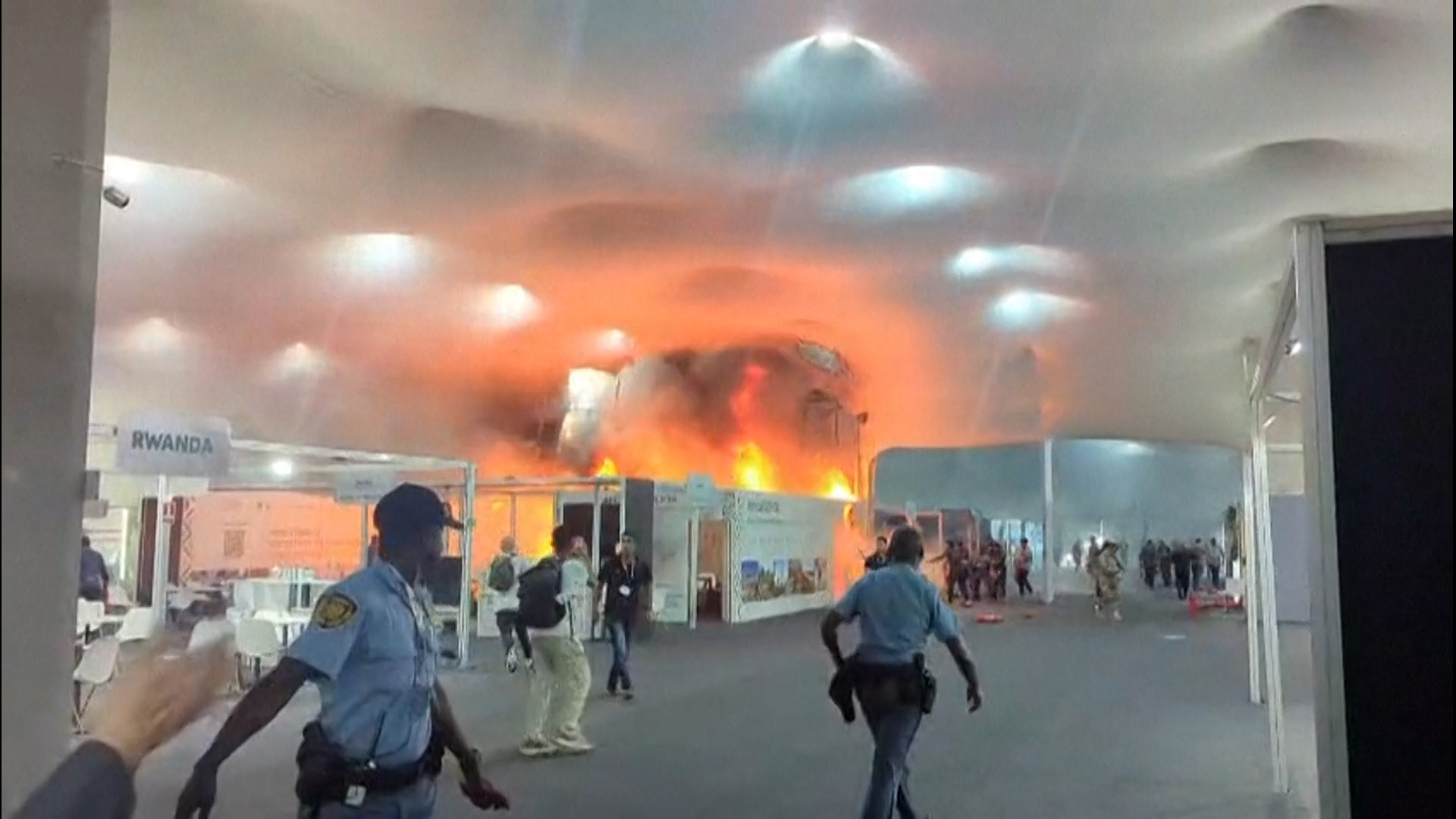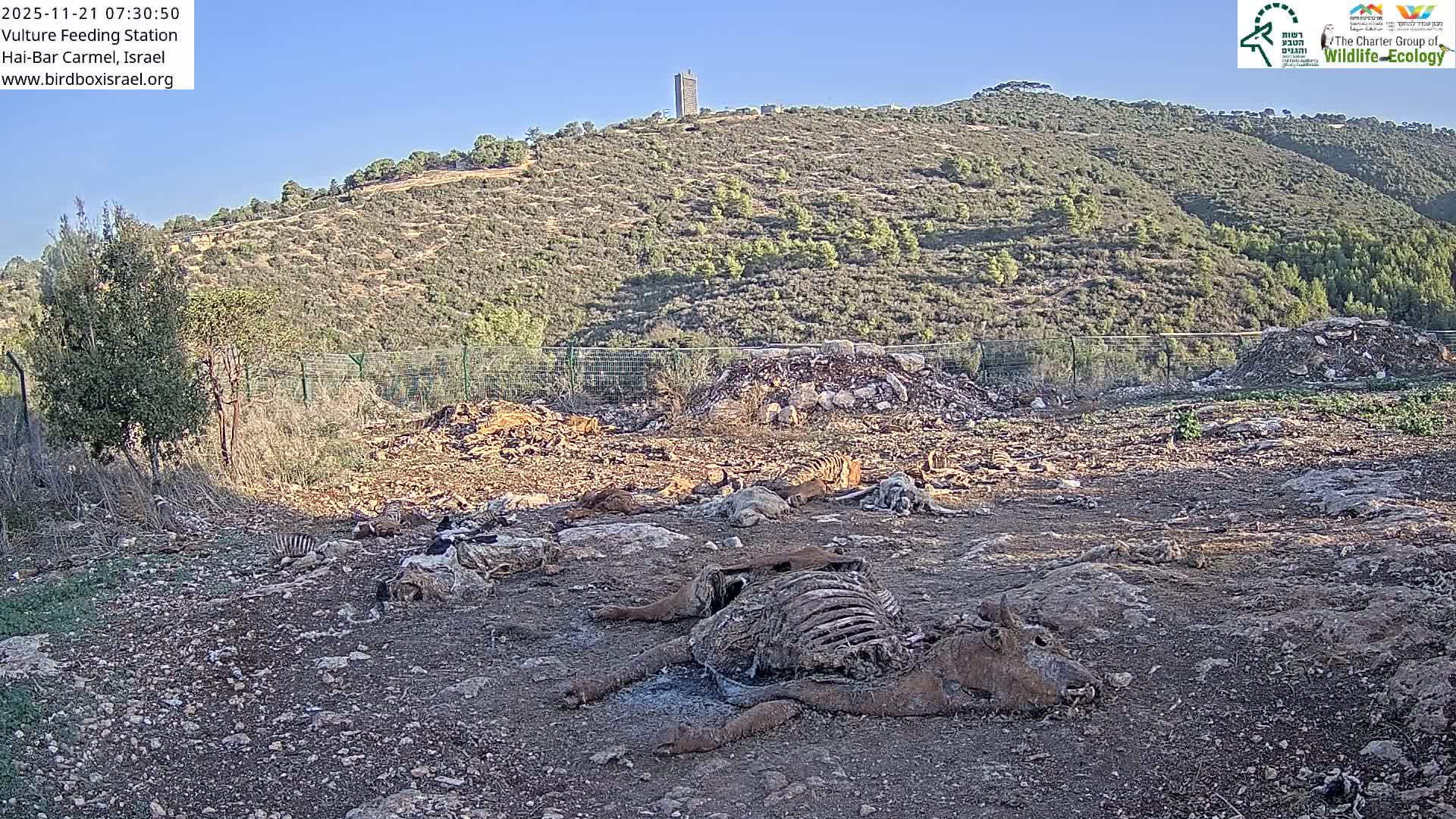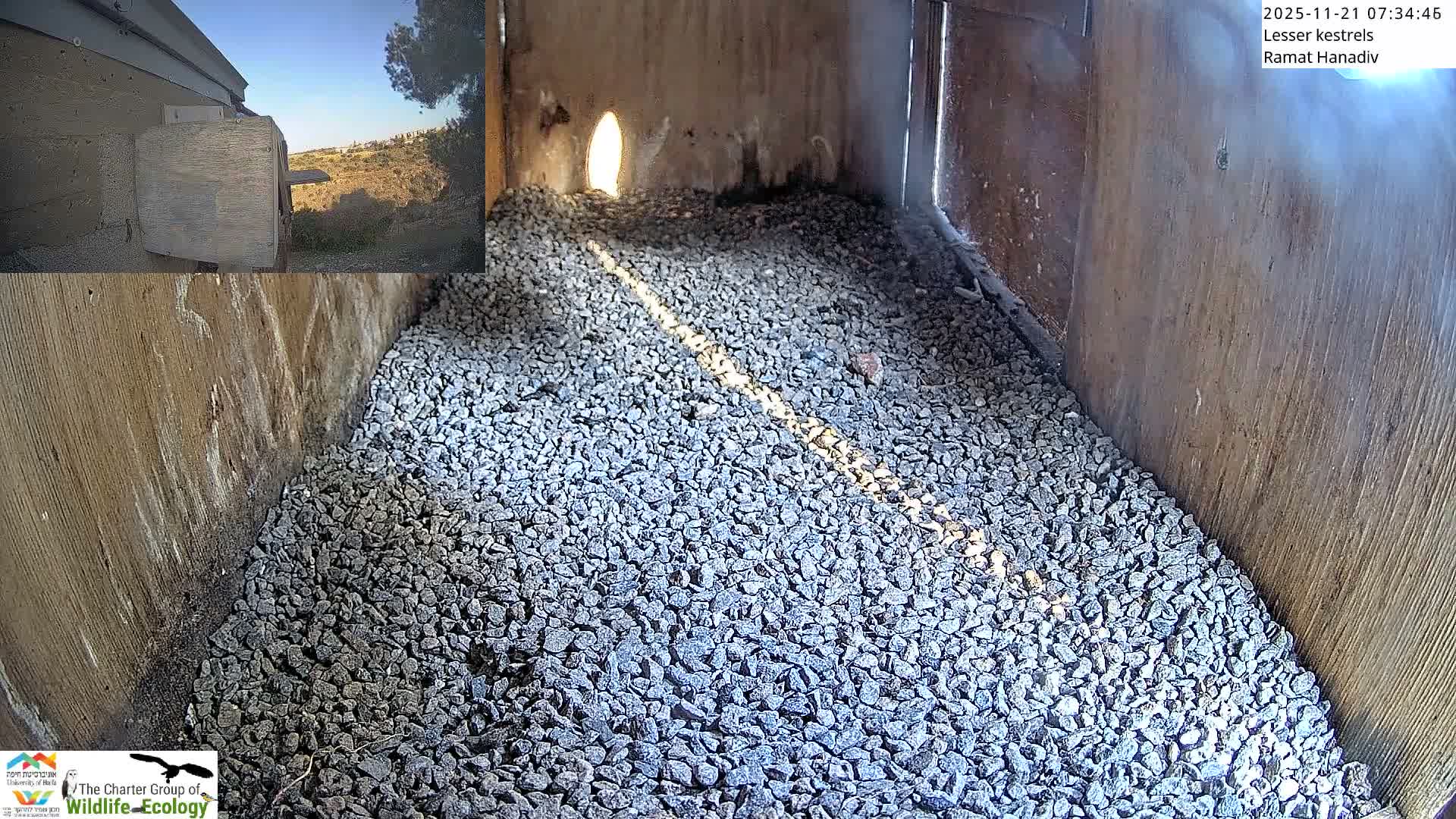Palestinians Skeptical of Gaza Ceasefire Durability Amidst Israeli Violations
 Israel
Conflict
Israel
Conflict

Palestinians express deep skepticism regarding the longevity of the current Gaza ceasefire, citing a history of Israeli violations as the primary reason for the
Palestinians Doubt Gaza Ceasefire's Durability Amidst Alleged Israeli Violations
A pervasive sense of skepticism has settled among Palestinians concerning the lasting nature of the current ceasefire in Gaza. This sentiment is profoundly shaped by a consistent history of what they perceive as Israeli violations, a factor that continues to undermine trust in any agreements designed to bring about sustained peace.
Historical Breaches Fueling Distrust
The prevailing perspective within the Palestinian community is largely informed by past experiences where previously established commitments and understandings, particularly concerning the conduct of Israeli forces, have allegedly been disregarded. These reported breaches have encompassed a range of critical issues, from restrictions on humanitarian access to infringements on territorial integrity and agreed-upon security protocols. Such incidents have collectively instilled a widespread belief that the present pause in hostilities, while welcome, may prove to be merely a temporary respite rather than a genuine move towards a definitive resolution.
The Path to Lasting Stability
Analysts observing the region suggest that the achievement of any truly durable and stable ceasefire hinges on a significant transformation. This transformation would require not only a renewed commitment to the agreed terms but also a fundamental rebuilding of trust among all parties involved. Without such a shift, the Palestinian population is likely to remain in a state of apprehension, viewing periods of calm with a cautious and wary eye, constantly anticipating the potential for future infringements that could reignite the deeply entrenched cycle of conflict.





